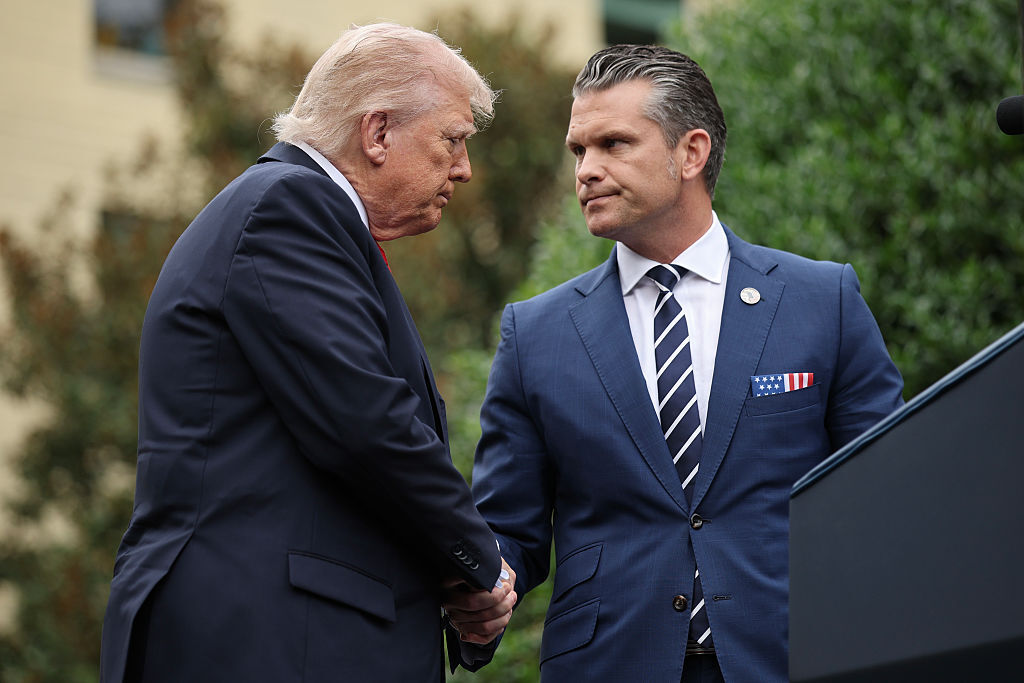Trump and Higgsith announce a "War from Within" in an unprecedented confrontation with the U.S. military

What distinguishes this speech is the breaking of the long-standing American tradition of keeping the military institution away from internal political conflicts. Trump, unlike his predecessors, did not hesitate to use the military platform to attack his political opponents and described the press as "malicious," raising questions about the overlap of roles between military duties and political positions.
The most controversial aspect is the announcement of deploying military forces in American cities such as Los Angeles, Washington, and Portland, under the pretext of combating "civil unrest and crime." This trend represents a fundamental shift in the role of the U.S. military from defending the country against external threats to intervening in internal affairs.
For his part, Secretary of Defense Pete Higgsith - who changed the name of his department to the "Department of War" - announced a series of measures aimed at "correcting the course" of the military institution. His criticism of what he described as the "woke" ideology within the military, and his insistence on new standards for physical fitness and appearance, reflect a different vision of military readiness.
The changes are not limited to rhetoric; the widespread dismissals affecting 20% of generals and admirals, including four-star officers, raise questions about the criteria for these decisions and their objectives. Higgsith's justification that "it is almost impossible to change a culture with the people themselves" reveals an intention to reshape the identity of the military institution from its roots.
This trend raises profound constitutional issues, especially regarding the limits of using armed forces in internal affairs, the separation of powers, and the independence of the military institution. The traditional role of the U.S. military has always been to maintain national security in the face of external threats, not to engage in internal political conflicts.
The ongoing transformations in the U.S. military under the leadership of Trump and Higgsith represent a pivotal moment in the country's history. Turning the military into a tool for a "Domestic War" threatens the democratic foundations upon which America was built and raises fears of the militarization of civilian life and the politicization of the military institution. The current scene reminds us of the warnings of the founding fathers about the dangers of military intervention in internal affairs, a historical lesson that should not be ignored.